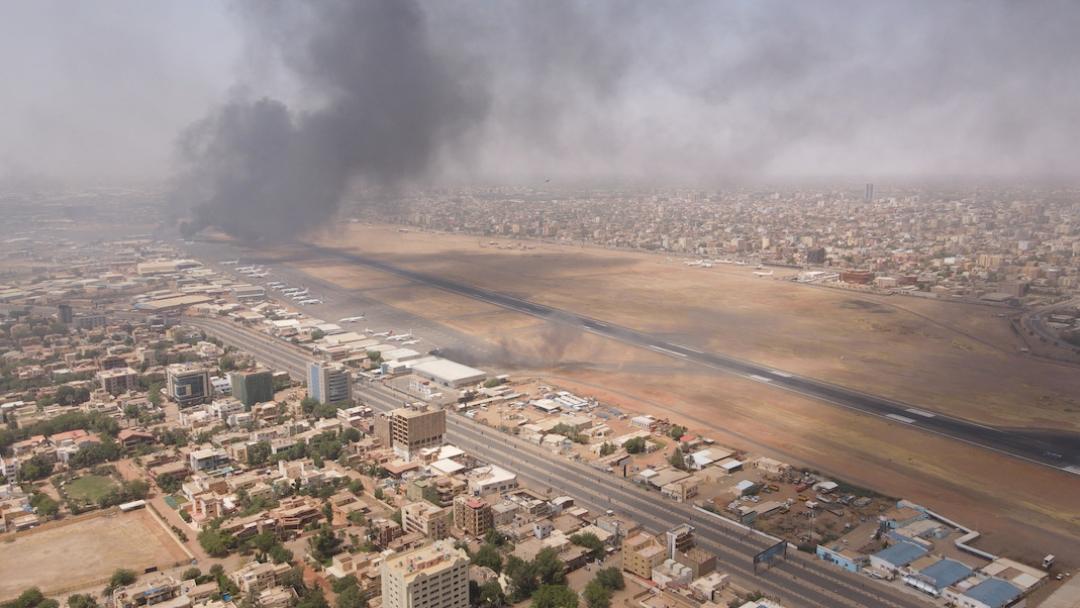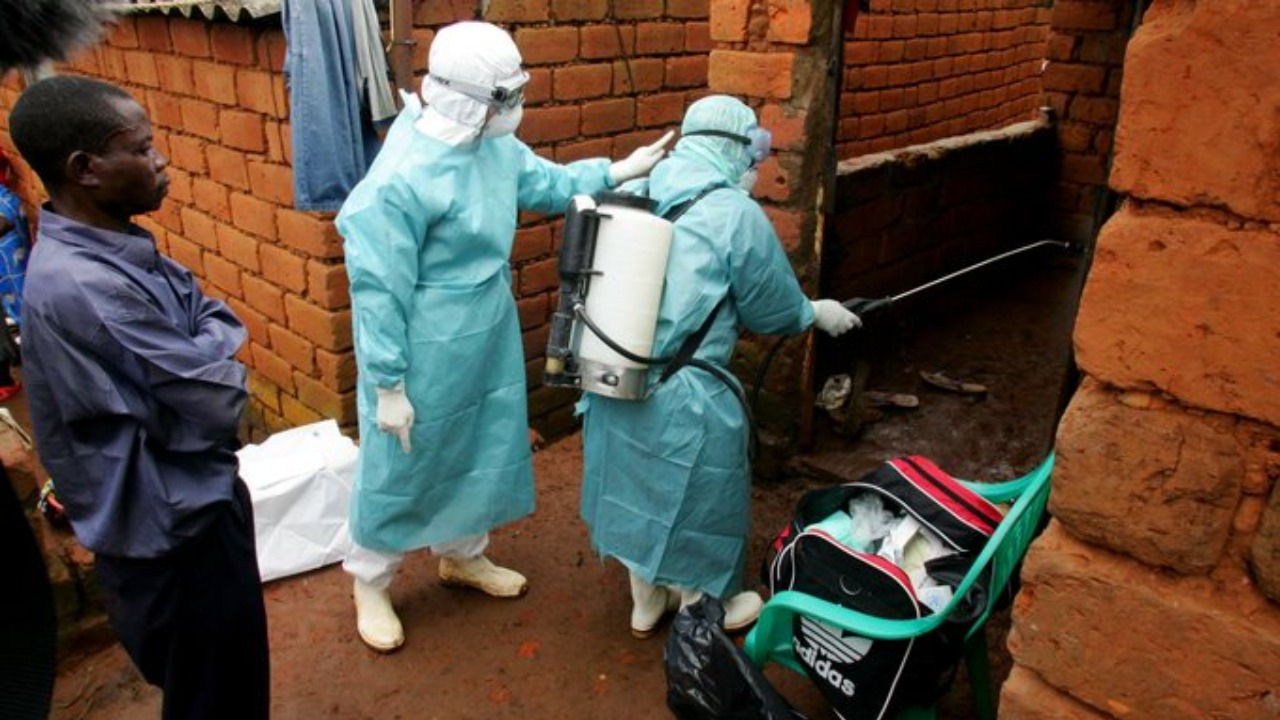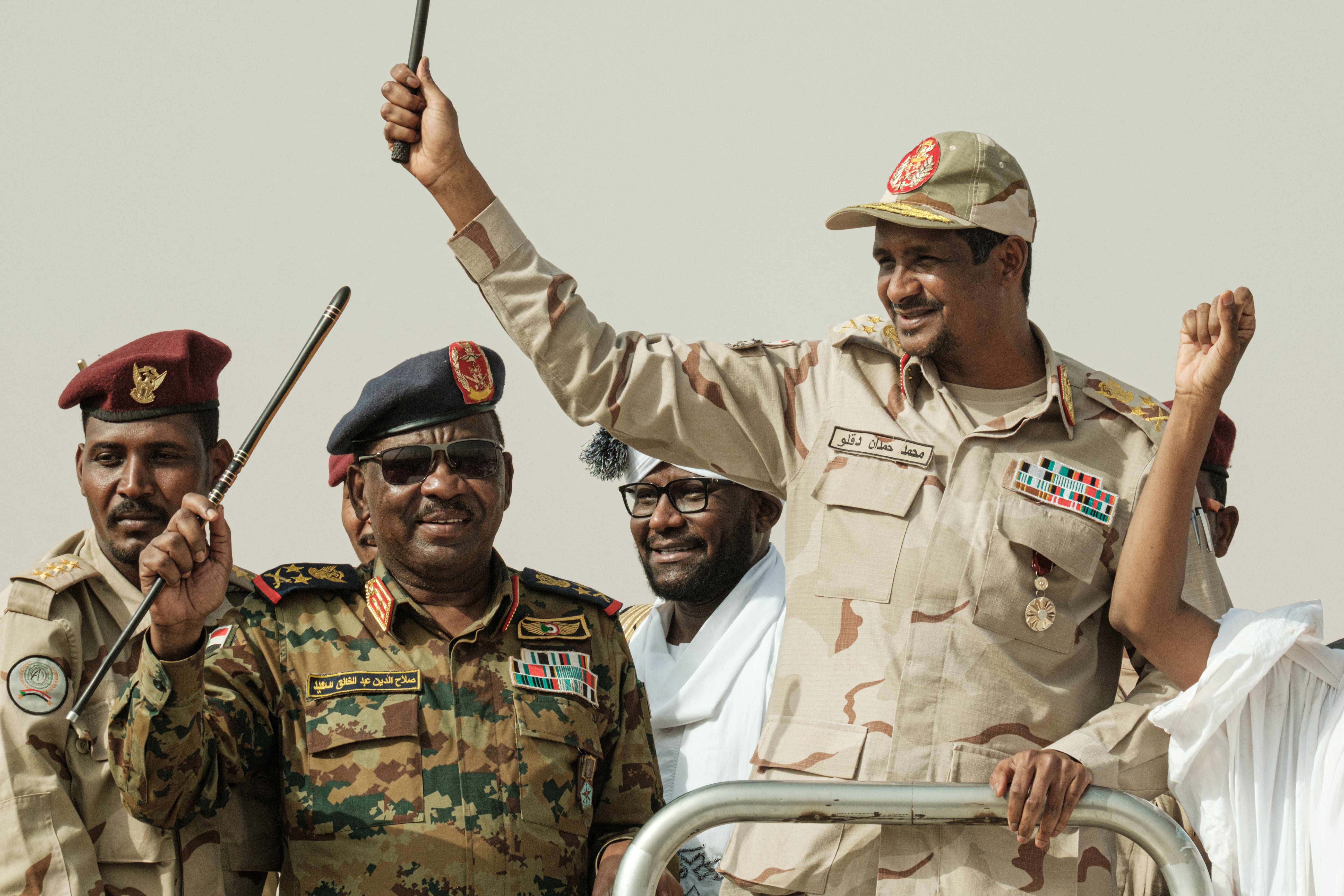Sudan's opposing sides disagree on a ceasefire

As tackling tension in South Sudan remains a priority in the face of war, last week the opposing sides sent their envoys to Jeddah, Saudi Arabia to hold talks to work towards a short-term ceasefire but a senior US State Department official put out a statement saying that "The two sides are quite far apart".
A statement issued read in part ''We affirm our commitment to ensuring the protection of civilians at all times, including allowing safe passage for civilians to leave areas of active hostilities on a voluntary basis in the direction of their choice".
In a press briefing, the Senior State Department Official said that the RSF and the Sudanese army have signed a declaration that will commit to protect the civilians in Sudan. "This is not a ceasefire. This is an affirmation of their obligations under international humanitarian law, particularly with regard to the treatment of civilians and the need to create space for humanitarians to operate," the official said.
The US are still hopeful that the RSF and the Sudanese Army would put an end to this terrifying and tragic war with more negotiations to come.
The President of Uganda Yoweri Museveni put out a statement on Wednesday on Twitter stating, "A ceasefire is critical to allow peace for people to elect their leaders as owners of the country. The country does not belong to the Sudan Army, it belongs to the people.” He also warns the opposing sides to stop personalizing the country because it belongs to the people of Sudan. He condemned the two factions of the war in Sudan on April 17th. Last Month, Uganda Evacuated 200 citizens that have been trapped in the Capital in Khartoum but some have remained in the country.
18 humanitarian workers have been killed in the war since the start of it on April 15th. UN agencies and NGOs announced suspensions of their work because of the war in Khartoum and other cities. But despite resuming to aiding the citizens of Sudan they still face violence, UN's World Food Programme said that millions of dollars’ worth of food was looted in the capital.
Previous ceasefire agreements have been repeatedly violated, leaving civilians to navigate a terrifying landscape of chaos and bombardment with failing power and water, little food and a collapsing health system. More than 750 people have died in the war.




